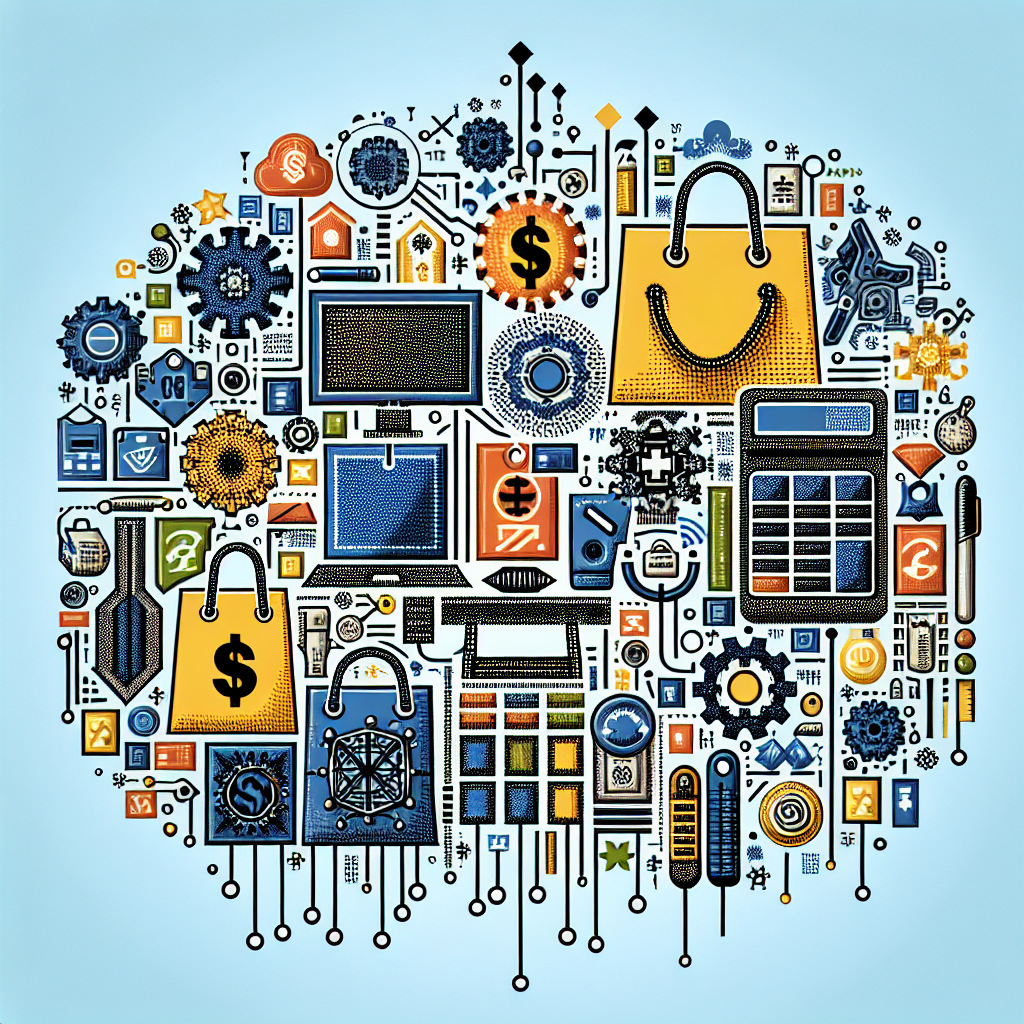The Power of Personalization: How Retailers Can Boost Sales and Customer Loyalty

Introduction
Personalization has become a key strategy for retailers looking to enhance their customer experience and drive sales. By tailoring products and services to individual preferences, retailers can create a more engaging and relevant shopping experience for their customers. This not only boosts sales but also fosters customer loyalty and retention. In this blog, we will explore the power of personalization in retail and how retailers can leverage it to drive growth.
The Benefits of Personalization
Personalization offers a range of benefits for retailers, including:
- Increased customer engagement
- Higher conversion rates
- Improved customer loyalty
- Enhanced customer satisfaction
Increased Customer Engagement
Personalized experiences are more engaging for customers, as they feel like the retailer understands their needs and preferences. This can lead to increased time spent on site, higher click-through rates, and ultimately, more conversions.
Higher Conversion Rates
By presenting customers with products and offers that are tailored to their interests, retailers can increase the likelihood of a purchase. Personalized recommendations based on past purchase history or browsing behavior can lead to higher conversion rates.
Improved Customer Loyalty
When customers feel valued and understood by a retailer, they are more likely to return for future purchases. Personalization can help build a strong emotional connection with customers, leading to increased loyalty and retention.
Enhanced Customer Satisfaction
Personalization ensures that customers are presented with products and services that are relevant to them, making their shopping experience more enjoyable and satisfying. This can result in higher customer satisfaction levels and positive word-of-mouth referrals.
How Retailers Can Implement Personalization
There are several ways that retailers can implement personalization to enhance the customer experience:
- Utilize customer data to create personalized recommendations
- Offer personalized promotions and discounts
- Personalize the shopping experience through targeted messaging and content
Utilize Customer Data
Retailers can leverage customer data to create personalized product recommendations based on past purchase history, browsing behavior, and demographic information. By analyzing this data, retailers can better understand their customers’ preferences and tailor their offerings accordingly.
Offer Personalized Promotions
Personalized promotions and discounts can entice customers to make a purchase by presenting them with offers that are relevant to their interests. By targeting promotions based on customer data, retailers can increase the effectiveness of their marketing campaigns.
Personalize the Shopping Experience
Personalization goes beyond product recommendations and promotions – it also involves tailoring the entire shopping experience to the individual customer. This can include personalized messaging, content, and offers that resonate with the customer’s preferences and needs.
Case Studies: Success Stories in Personalization
Several retailers have successfully implemented personalization strategies to drive sales and customer loyalty. Some notable examples include:
- Amazon: Uses personalized product recommendations based on browsing and purchase history to drive sales
- Netflix: Offers personalized movie and TV show recommendations to enhance the user experience
- Starbucks: Utilizes customer data to create personalized offers and rewards for loyalty program members
FAQs
What is personalization in retail?
Personalization in retail refers to the practice of tailoring products, services, and marketing efforts to individual customer preferences and needs. This can include personalized product recommendations, promotions, and shopping experiences.
How can retailers benefit from personalization?
Retailers can benefit from personalization by increasing customer engagement, driving higher conversion rates, improving customer loyalty, and enhancing customer satisfaction. Personalization can lead to a more personalized and relevant shopping experience for customers, ultimately resulting in increased sales and customer retention.
What are some best practices for implementing personalization in retail?
Some best practices for implementing personalization in retail include leveraging customer data to create personalized recommendations, offering personalized promotions and discounts, and personalizing the shopping experience through targeted messaging and content. It’s also important to continually analyze and optimize personalization strategies to ensure they are effective in driving sales and customer loyalty.



